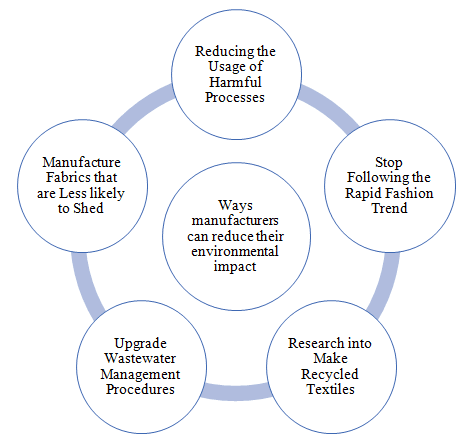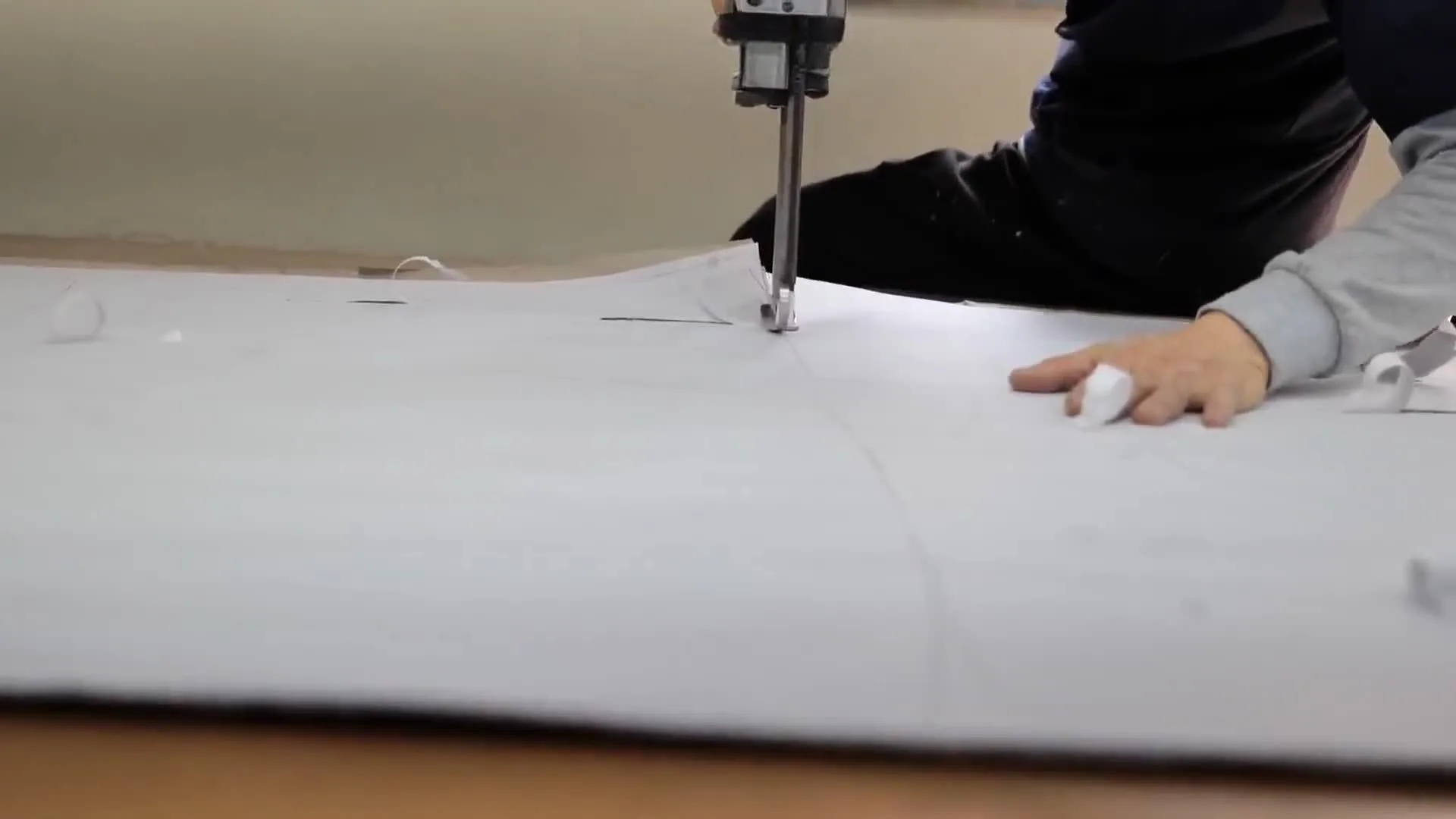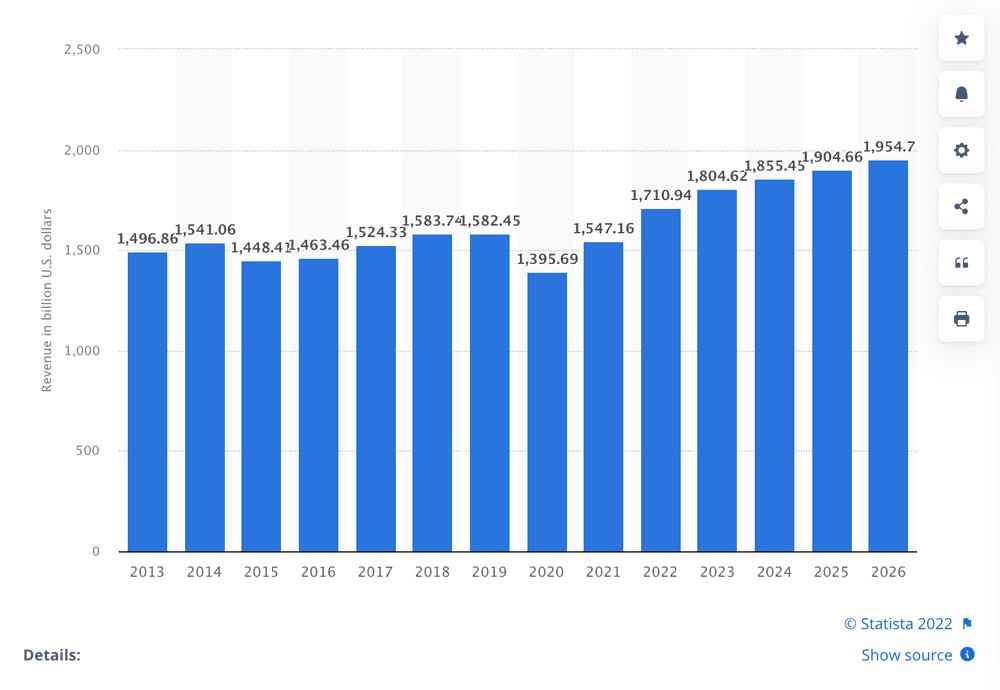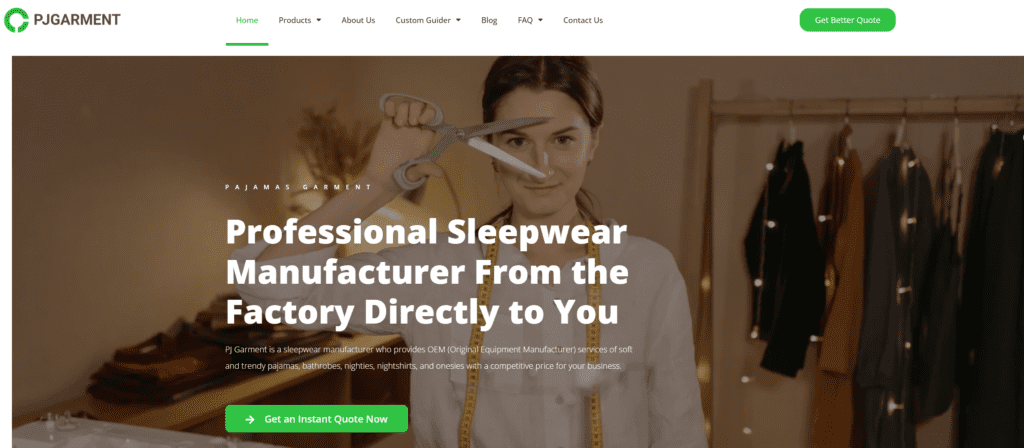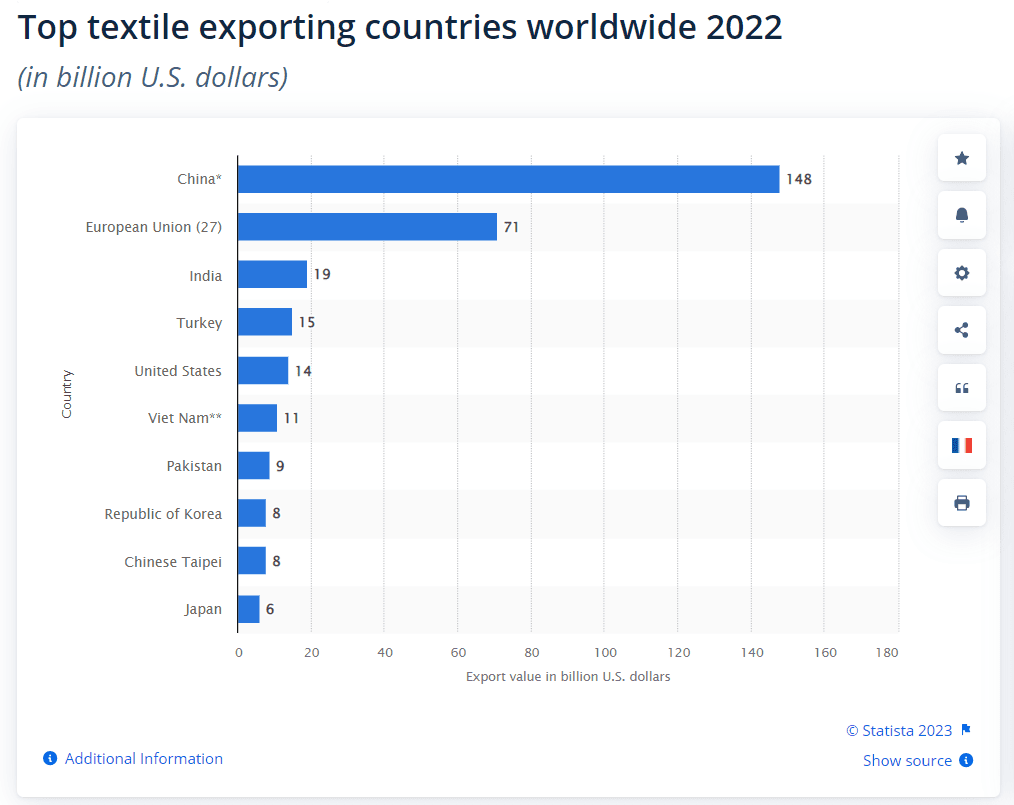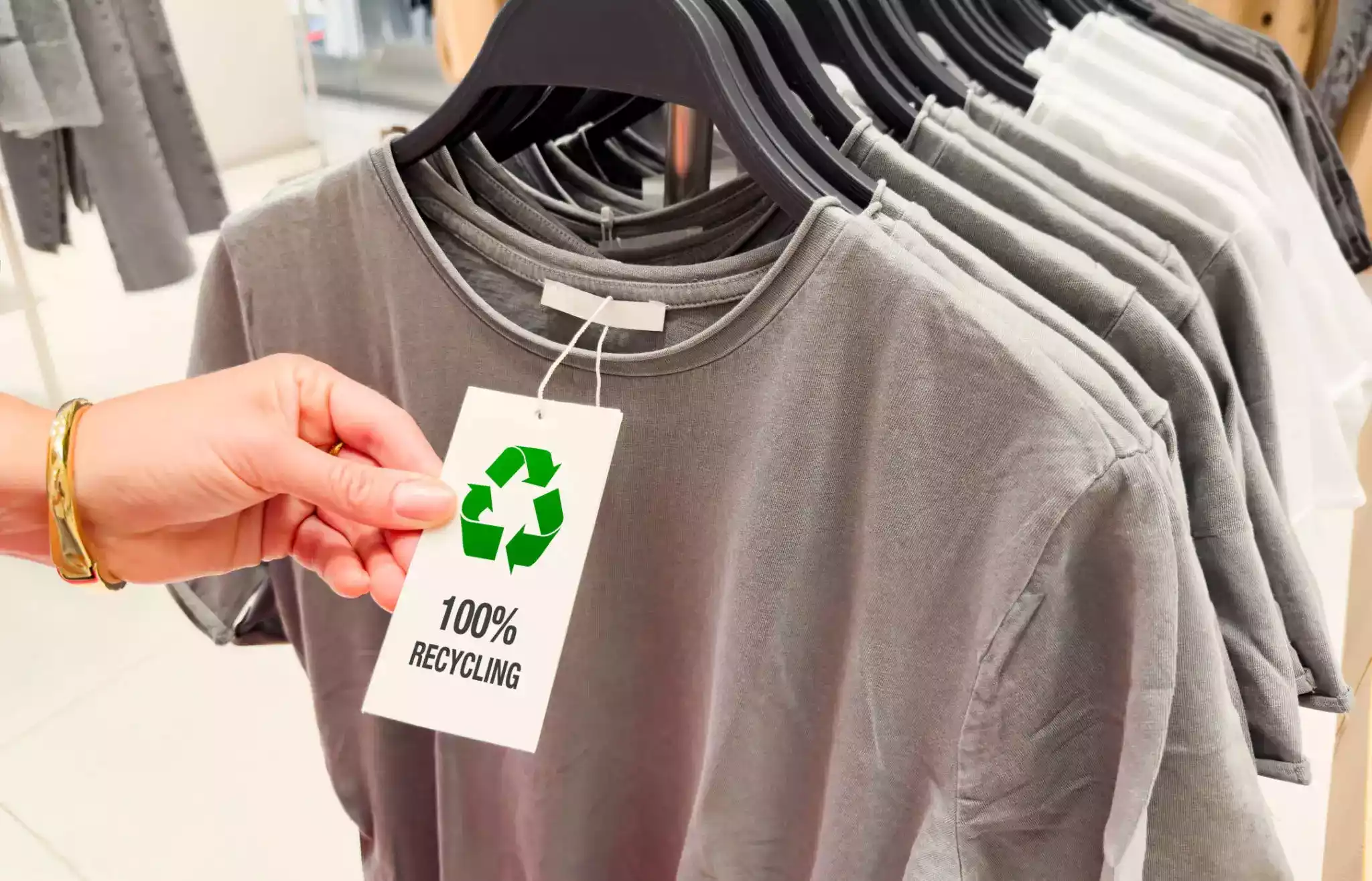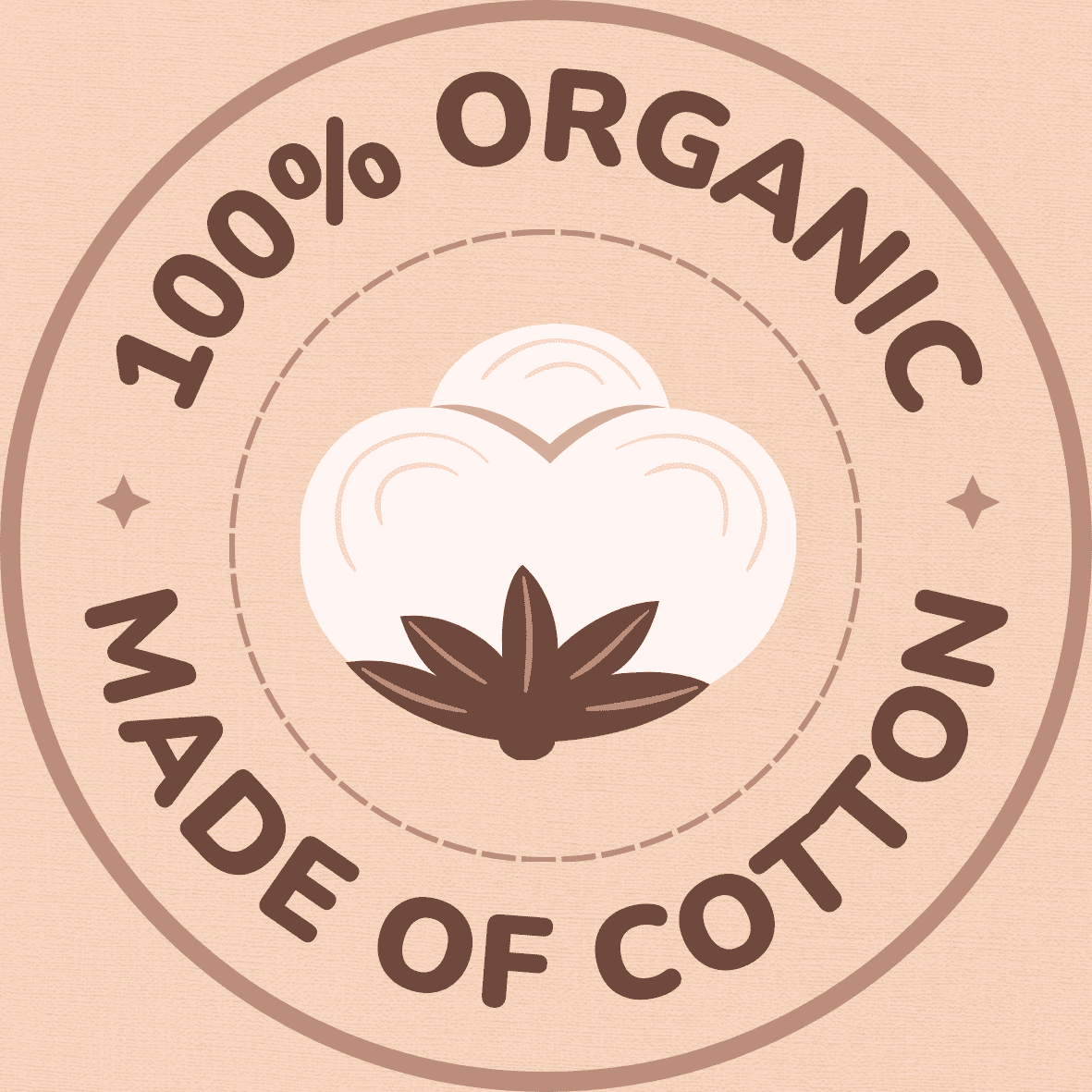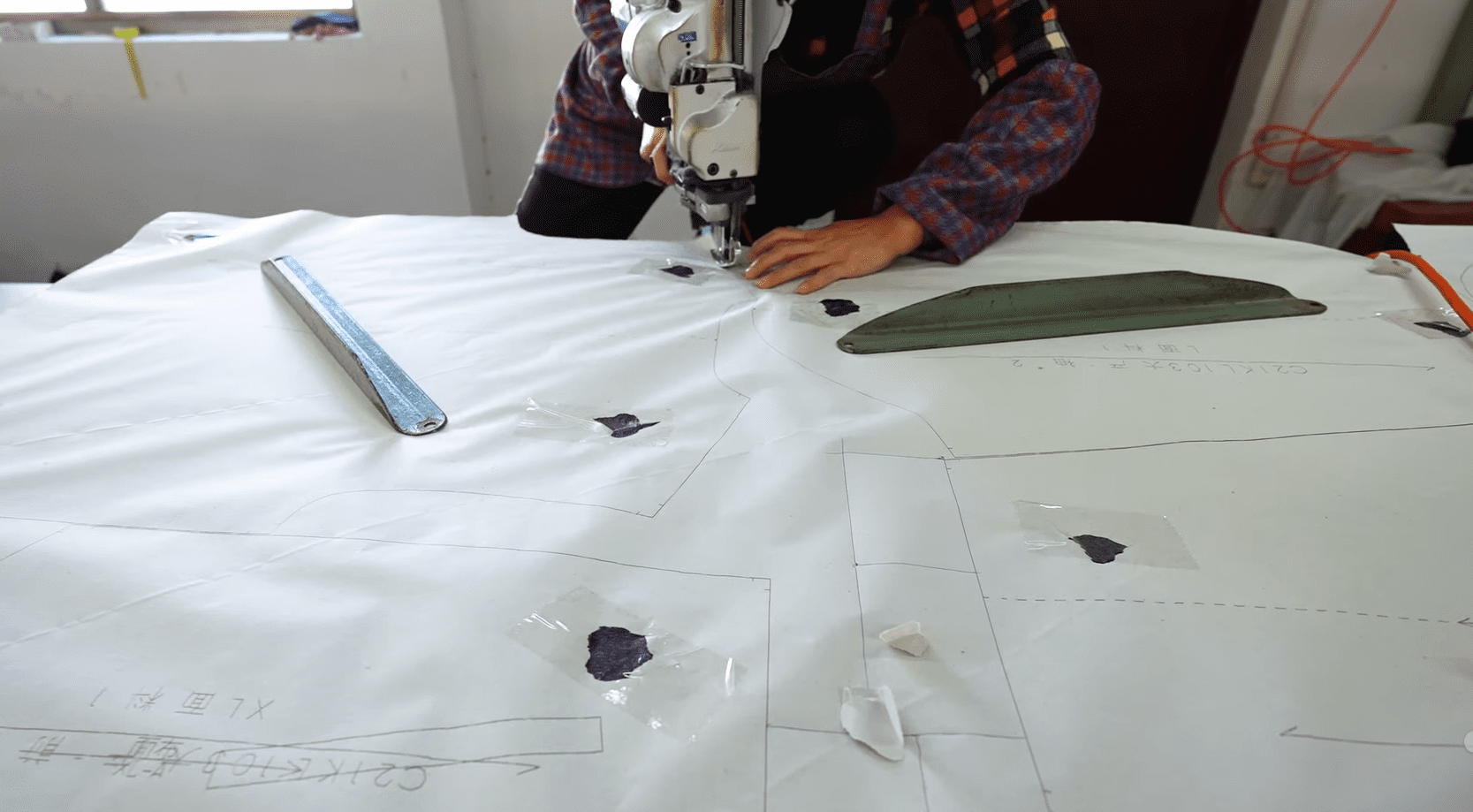The choice of the right clothing manufacturer is a critical decision for any clothing company. This article focuses on the nuances of clothing manufacturing, particularly in major hubs like China, the UK, and the diverse world of custom clothing factories.
I. Understanding the World of Clothing Manufacturing
A. The Role of Clothing Manufacturers in the Fashion Industry.
Clothing manufacturers are the backbone of the fashion industry. The global clothing and textile industry, valued at over 1.7 trillion U.S. dollars as of 2022, is a testament to their significance. These manufacturers, from clothing manufacturers in the USA to those in remote parts of the world, are key in transforming designs into tangible products.
B. Differences Between Various Manufacturing Hubs (China vs. UK)
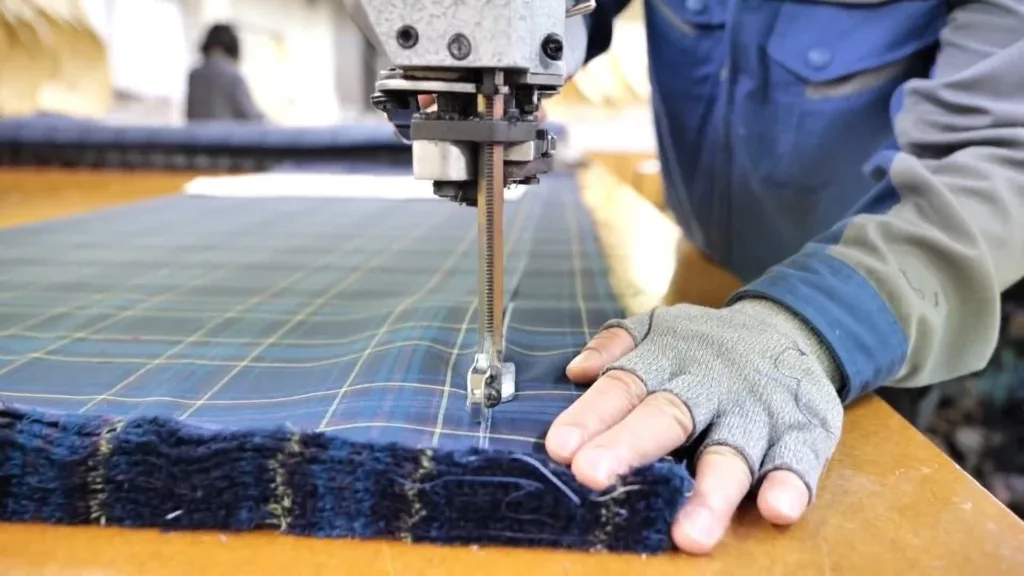
The manufacturing hubs of China and the UK offer different strengths. China, the largest manufacturer of clothes in the world, is known for its scale and efficiency. In contrast, clothing manufacturers in the UK are celebrated for their high-quality craftsmanship and ethical production.
C. Custom vs. Mass Production: What Suits Your Brand?
Custom clothing manufacturers and mass production factories cater to different market needs. The U.S. custom clothing market, for instance, continues to grow, serving brands that prioritize personalization over mass-produced clothing.
II. China: The Giant in Clothing Manufacturing
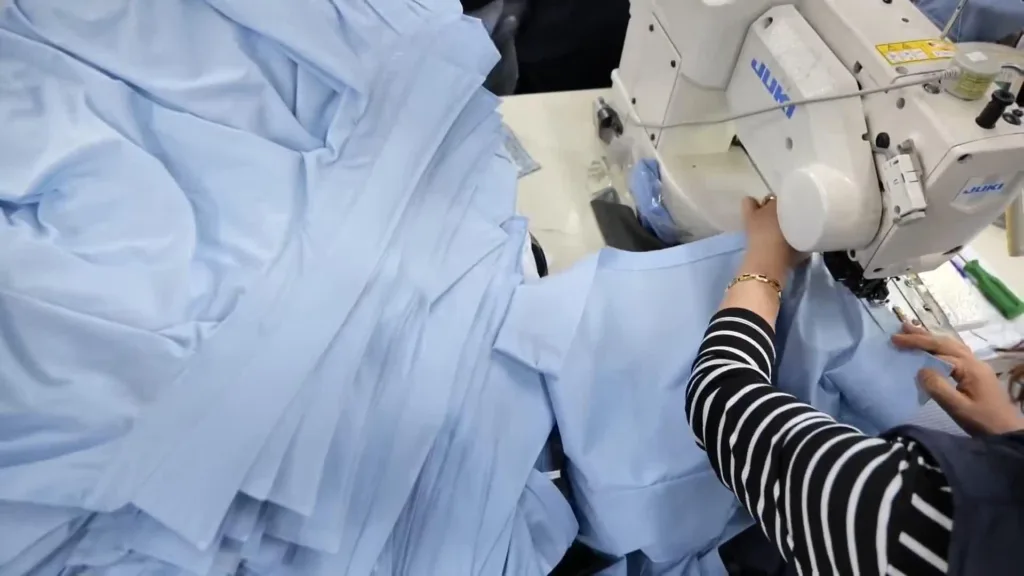
A. Why China Leads in Clothing Manufacturing
China’s leadership in clothing manufacturing is fueled by its comprehensive supply chain, from clothing manufacturers suppliers to final product distribution. This robust system has kept China at the forefront of global clothing manufacturing.
B. Navigating the Chinese Clothing Manufacturing Landscape
For businesses, navigating clothing manufacturing in China means understanding regional specialties, such as Guangdong’s quality cotton textiles, and overcoming challenges like language barriers.
C. Success Stories and Challenges of Working with Chinese Manufacturers
The journey of working with clothing manufacturers in China is filled with both success stories and challenges, from scalability and efficiency to navigating regulatory environments.
III. The UK’s Niche in Clothing Manufacturing
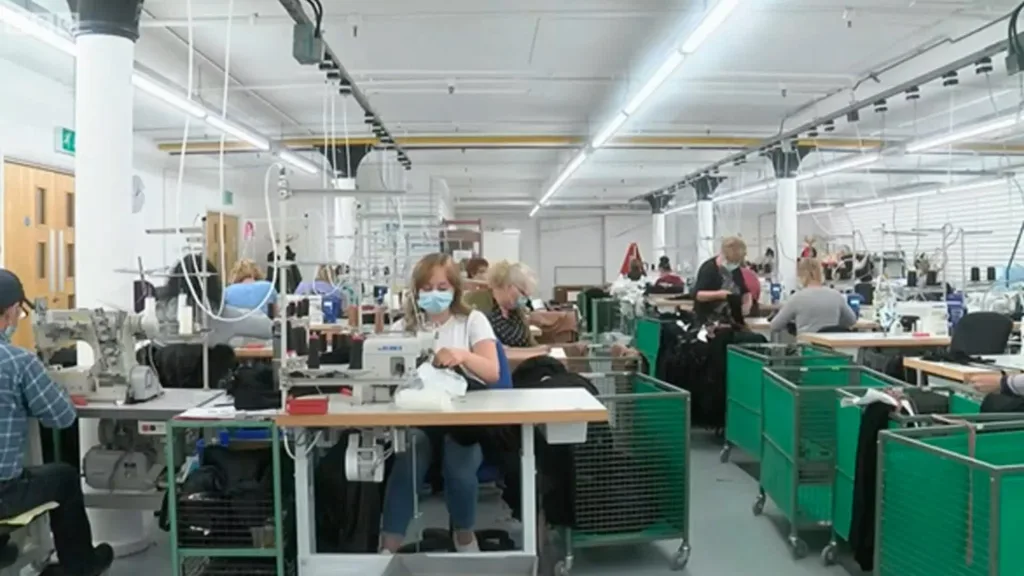
A. What Makes the UK a Unique Clothing Manufacturing Destination?
UK clothing manufacturing stands out for its commitment to quality and ethical practices, making it a go-to for brands seeking luxury and bespoke items.
B. Key UK Clothing Manufacturers and Their Specialties
UK clothing manufacturers, like Harris Tweed Hebrides and John Smedley, are known for their unique specialties, contributing to the UK’s reputation in the global clothing manufacturing market.
C. Balancing Quality and Cost in the UK Manufacturing Sector
UK manufacturers balance higher production costs with a focus on quality and ethical production, targeting markets that value these aspects.
IV. Custom Clothing Manufacturers: Tailoring to Your Needs
A. The Rise of Custom Clothing Manufacturing
The custom clothing manufacturing sector, including custom clothing factories, has seen remarkable growth, driven by consumer demand for personalized fashion.
B. How to Collaborate Effectively with Custom Clothing Factories
Effective collaboration with custom clothing factories involves understanding their capabilities and maintaining strong partnerships to ensure product quality and innovation.
C. Case Studies: Successful Custom Clothing Brands
Case studies of successful brands using custom clothing manufacturing highlight the sector’s potential to cater to niche markets and deliver unique value propositions.
V. Practical Steps to Find the Right Clothing Manufacturer
A. Research Techniques: From Online Searches to Industry Events
Finding the right clothing manufacturer, whether it’s a clothing manufacturer in China, the UK, or the USA, involves thorough research, from online searches to attending industry events.
B. Evaluating Potential Manufacturers: What to Look For
When evaluating potential manufacturers, including clothing manufacturers in Los Angeles or elsewhere, consider factors like production capacity, quality control, and ethical standards.
C. Building and Maintaining a Strong Manufacturer Relationship
Maintaining a strong relationship with your manufacturer, be it a clothing manufacturer in the UK or a custom clothing factory, is crucial for long-term success.
Conclusion:
This exploration of the world of clothing manufacturing, from China’s efficiency to the UK’s quality focus and the rise of custom clothing, highlights the importance of choosing the right manufacturer. Success in fashion requires aligning with a manufacturer that shares your brand’s values and standards. Thorough research and strong partnerships are key to ensuring product quality, efficiency, and ethical industry growth.
FAQs on Clothing Manufacturing
1.How do I find a clothing line manufacturer?
To find a clothing line manufacturer, utilize online platforms like Alibaba, attend trade shows, and consider factors like production capabilities and ethical practices.
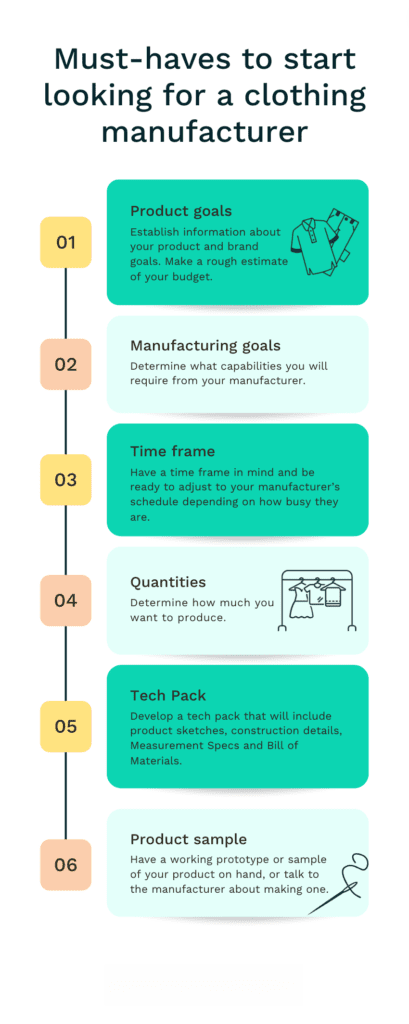
2.Who is the largest manufacturer of clothes in the world?
As of 2022, China remains the largest clothing manufacturer globally, leading in both scale and efficiency.
3.How to find a clothing manufacturer in China?
Finding a clothing manufacturer in China involves using B2B marketplaces like Alibaba, attending trade fairs, and building relationships with local experts.
In the chart below, I summarize the clothing industrial clusters in China by category. When looking for Chinese clothing manufacturers online, the following information will help you determine whether the factory is part of the clothing cluster.
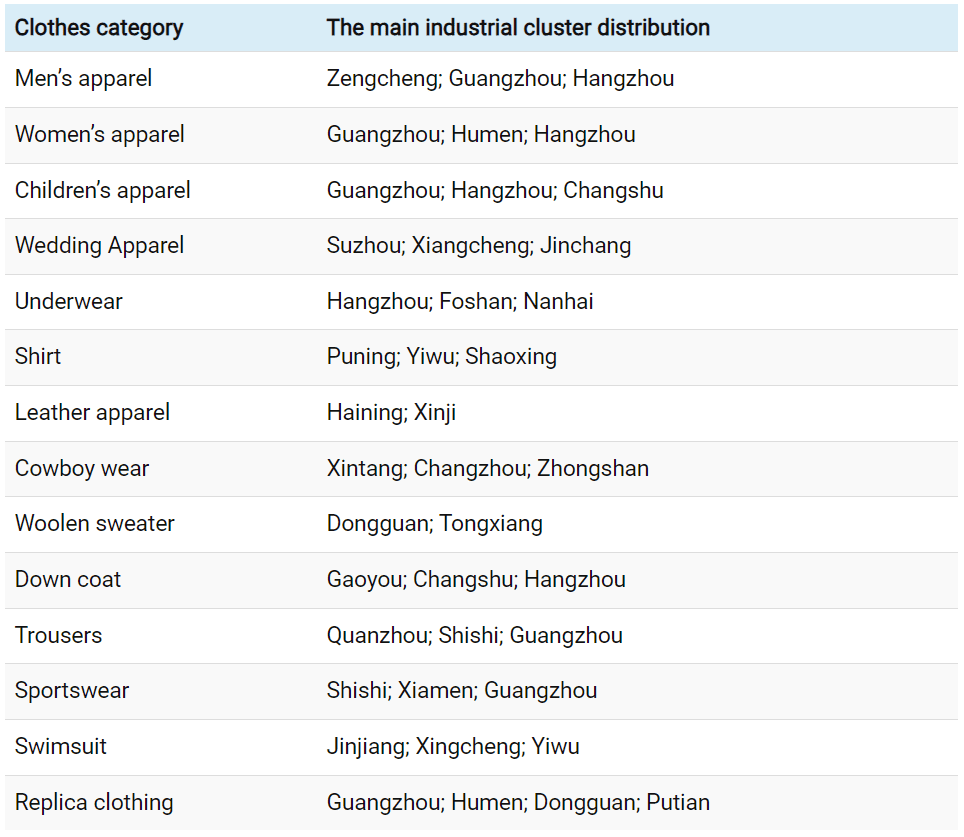
Take note that I only list the first districts in each category. Of course, there are numerous other industrial clusters spread throughout China. However, it primarily focuses on Jiangsu, Zhejiang, Guangdong, and Fujian provinces.
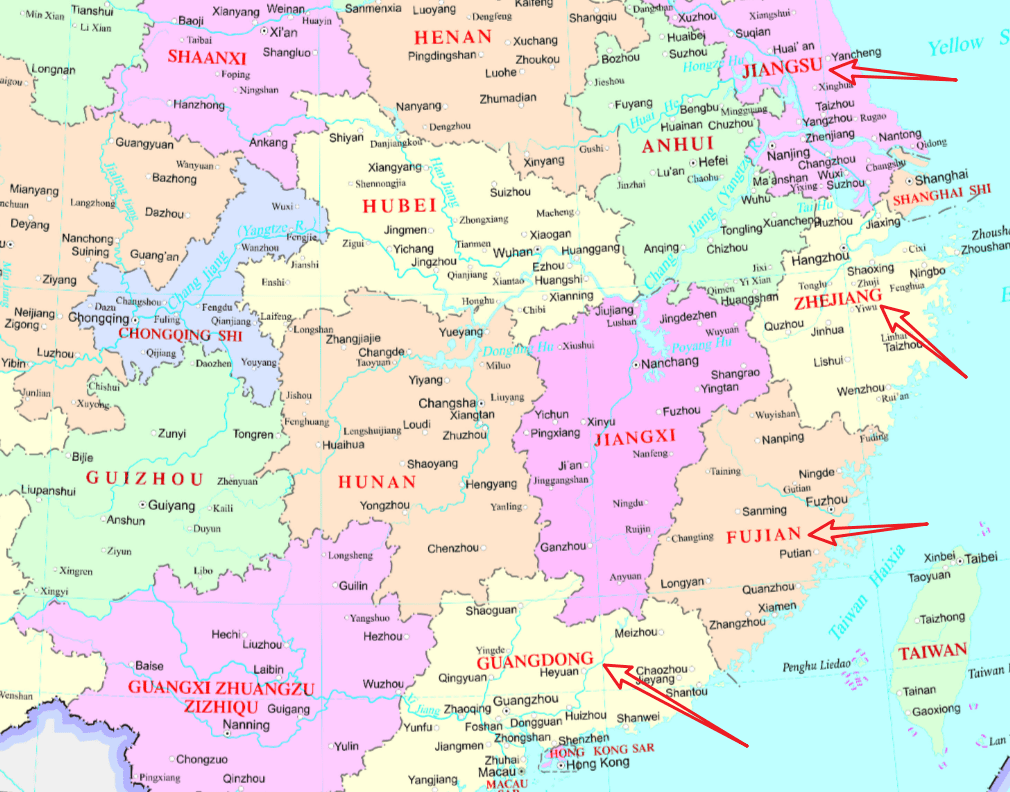
4.What is the manufacturing of clothing?
The manufacturing of clothing involves converting materials like fabrics into finished garments through design, cutting, sewing, and finishing processes.
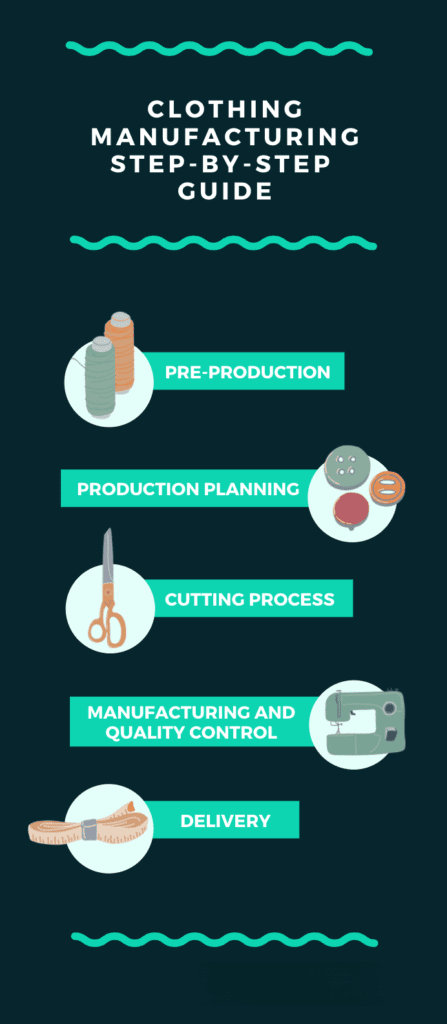
5.Where are most clothing manufacturers located?
Most clothing manufacturers are located in Asia, with key players in China, Bangladesh, Vietnam, and India, and significant industries in the USA and Europe for specialized products.
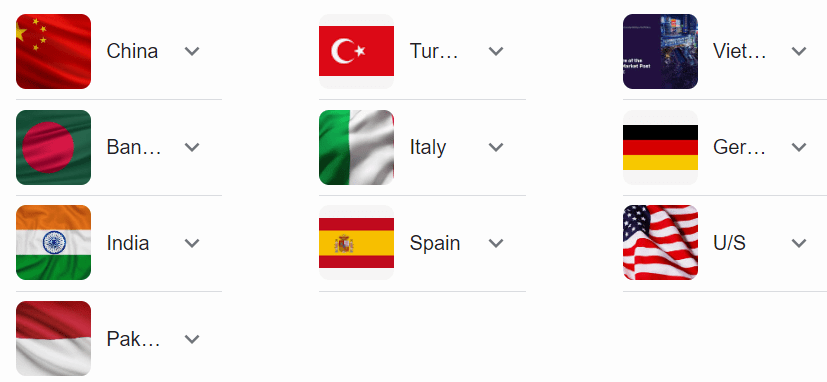
6.What factors should I consider when choosing a clothing manufacturer?
a, Quality:
Find a manufacturer who produces garments of high quality that meet your requirements. Look at their past work, reviews from customers, and certifications.
b, Price:
Compare the prices of different manufacturers and decide if they fit your budget. Compare the prices of several manufacturers.
c, Minimum order quantities (MOQs):
You can check the MOQ (minimum order quantity) of the manufacturer to see how many garments you should order.
Make sure that your MOQs are in line with the requirements of your business.
The lower the MOQ the better. This will allow you to test the market and lower your costs while maintaining profitability.
d, Lead time
The lead time is defined as the time it takes to manufacture and deliver finished products. Choose a manufacturer who offers a lead time that is reasonable and aligns with your schedule.
Pjgarment enables fashion brands to produce large quantities in just 15 days.
e, Customization Options
Look for a manufacturer who can provide customization. Find out if the manufacturer offers customization services, like printing, embroidery or dyeing.
f, Communication:
Select a manufacturer with whom you can easily communicate, either by email, telephone, or face-to-face meetings. Communication is key to a smooth production process.
g, Ethics:
Find a manufacturer who follows ethical principles, such as fair work practices and eco-friendly production processes.
h, Location:
The location of the manufacturer can have an impact on shipping costs and lead time.
The cost of clothing is lower in other countries, and the bulk production can take as little as 2-3 weeks.
Consider these factors to find a clothing producer that can meet your needs while producing high-quality clothes that will please your customers.
7.How important is sustainability in clothing manufacturing?
Sustainability is increasingly important, with a focus on eco-friendly materials, waste reduction, and fair labor practices to meet consumer demands and reduce ecological impact.
